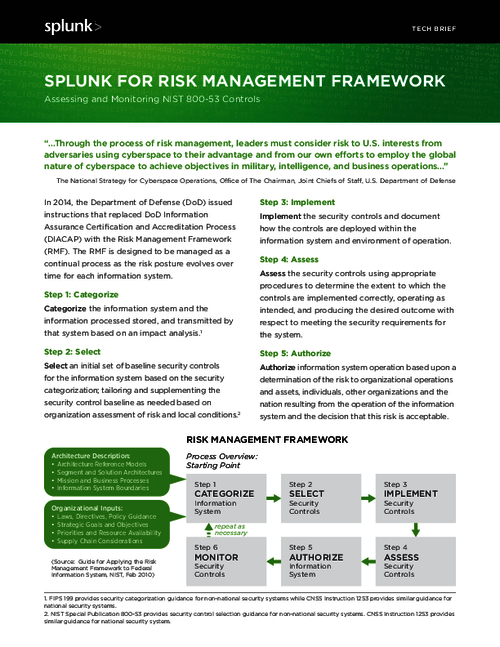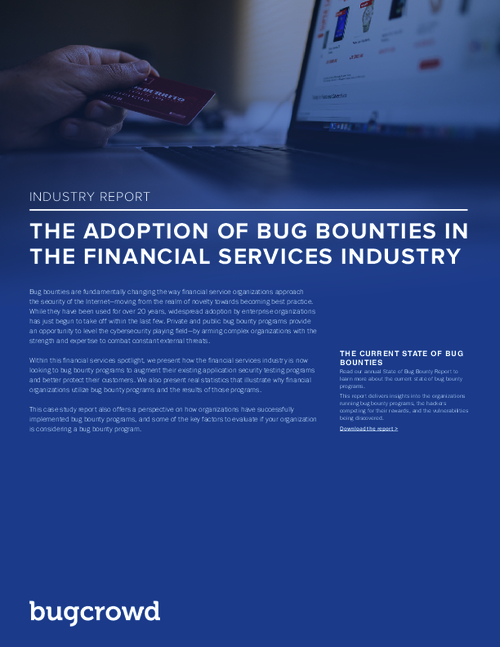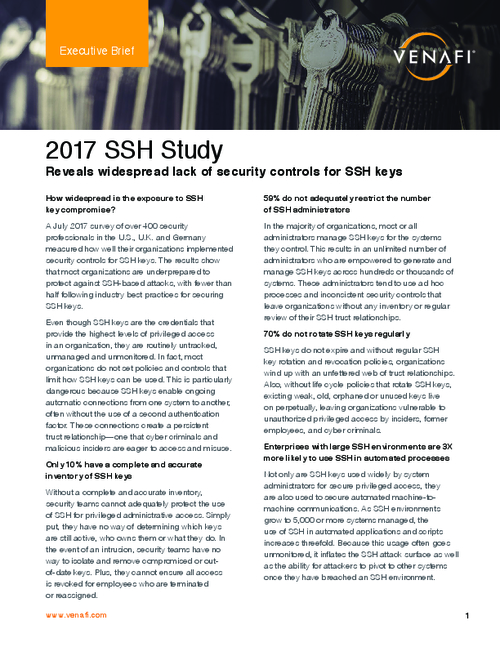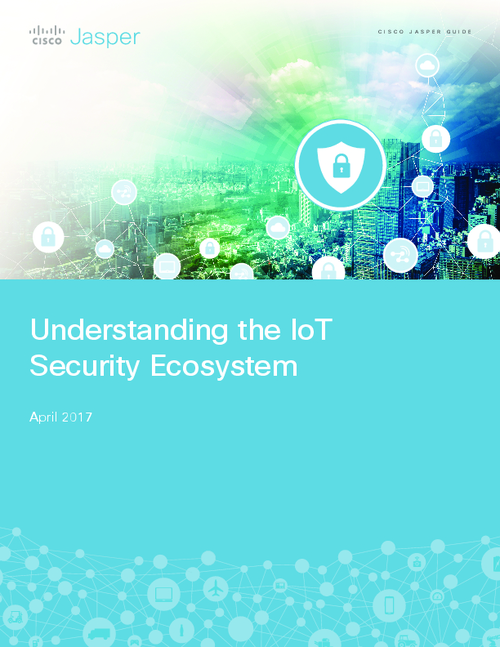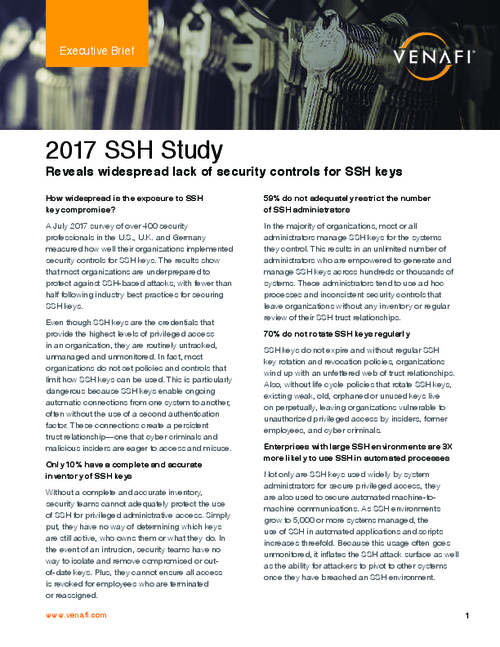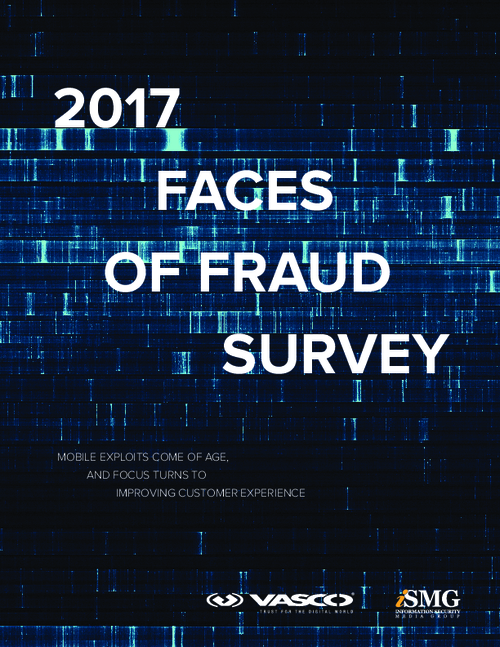NIST Issues Two Reports
Guide to Enterprise Telework, Common Configuration Scoring System The National Institute of Standards and Technology's Computer Security Division released two documents on Tuesday, a guide to enterprise telework and remote access security and a draft of proposed guidance on testing software security vulnerabilities.According to NIST:



